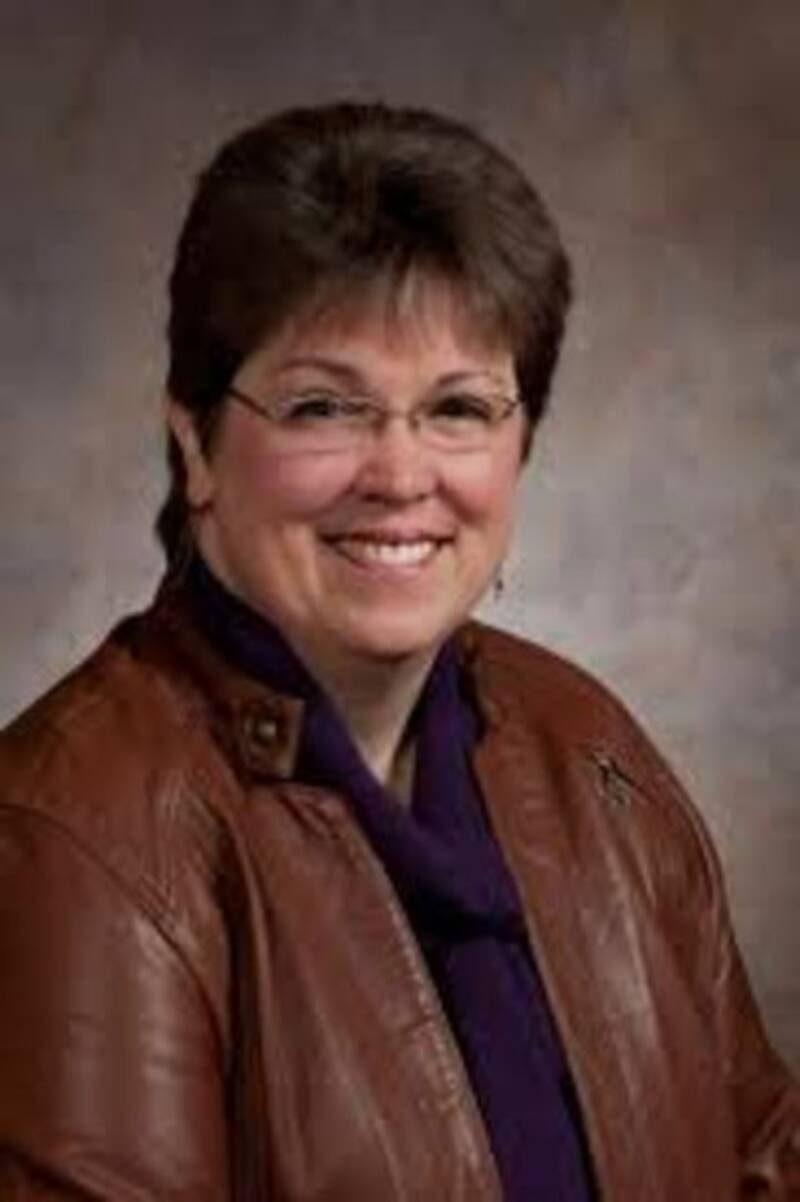“Investing in the UW System is an investment in Wisconsin,” said University of Wisconsin President Ray Cross, calling for an investment of another $107.5 million in the next biennial budget.
Over the past several years, budget cuts and tuition freezes hampered the UW System’s ability to retain professors, continue research and deliver high quality affordable education.
To bolster his argument, President Cross cited a recently released study by NorthStar Analytics that showed the UW System adds $24 billion each year to Wisconsin’s economy. The study estimated UW’s economic contribution at a 23-fold return on state dollars invested.
The UW Board of Regents agreed with the President’s proposal, sending the budget forward to Governor Scott Walker. The Governor, for his part, called on the university system and all other parts of state government to submit budgets with no funding increases and a five percent cut.
Budget cuts, and policy changes coupled with a tuition freeze created difficulties for the UW.
Think of tuition and state aid as a teeter-totter. As one goes down, the other must come up. When tuition is frozen, state aid must be increased to pay for the freeze. In addition, the cost of doing business constantly rises. Meaning, budgets must be increased to keep up with rising costs – the cost of inflation.
Here’s actually what happen. Tuition has been frozen since 2013. The same budget cut $65.6 million. The freeze was never funded. Both the 2011-13 and the 2015-17 budgets were cut by $250 million. The most recent budget returned a meager $36 million – nowhere near what was needed to make up the cut – let alone allow for funding the tuition freeze (since 2013) and the needed cost of living increases (since 2011).
Tuition was frozen, no cost of living increases provided, and a deep cut to the base was never repaired. Holding down both ends of the teeter-totter caused real stress.
To make matters worse, changes in policy – like the loss of the protection of statutory tenure – sent a clear message: higher education was not valued by state leaders.
Much of the UW budget pays for people. Without funding increases, professors and staff are paid less. People leave the system. Courses and programs are cut. The general reputation of the UW declines.
For example, research reported by the nonpartisan Legislative Fiscal Bureau pegged UW professors’ salaries well below other institutions. UW Stevens Point professors fared the worst, nearly one-quarter below the national average. At seven of thirteen four-year campuses, senior faculty were twenty percent or more below the national average. At two-year campuses, associate professors were thirty percent below the national average.
As a result, it’s increasingly difficult to retain high quality faculty and recruit qualified professors, especially in high demand fields like nursing and engineering. Professors departing the UW System, coupled with difficulties in recruitment, lowers the overall quality of faculty. This also makes it harder for faculty to obtain grants and lowers the quality of education and advisement students receive.
“We lost some of our best people,” UW Madison Chancellor told Atlantic reporter Jon Marcus last year. “It is our very best faculty that get outside offers. If you’re looking at research dollars, those are the people who are bringing in millions in research funding. And the people you replace them with bring in much less. So those retention issues have a real impact.”
The new NorthStar study shows the UW economic impact more than doubled since the last study in 2002. The biggest change was the economic development activities contributing to “a very significant start up activity.” It’s well known Wisconsin lags the nation (the least or near last) in start-up companies.
Fixing the UW means a significant increase in state funding. If policy makers want to keep tuition frozen, let’s begin by funding that tuition freeze. Next, we need to fill in the big budget holes created since Walker’s first budget in 2011. Then we need to create a steady increase pegged to inflation. Finally, let’s truly honor the work of our scholars by rescinding the numerous policy changes that undermine higher education.
Supporting the UW helps all of Wisconsin. It’s time we invest our dollars where we can really grow our state.


Add new comment